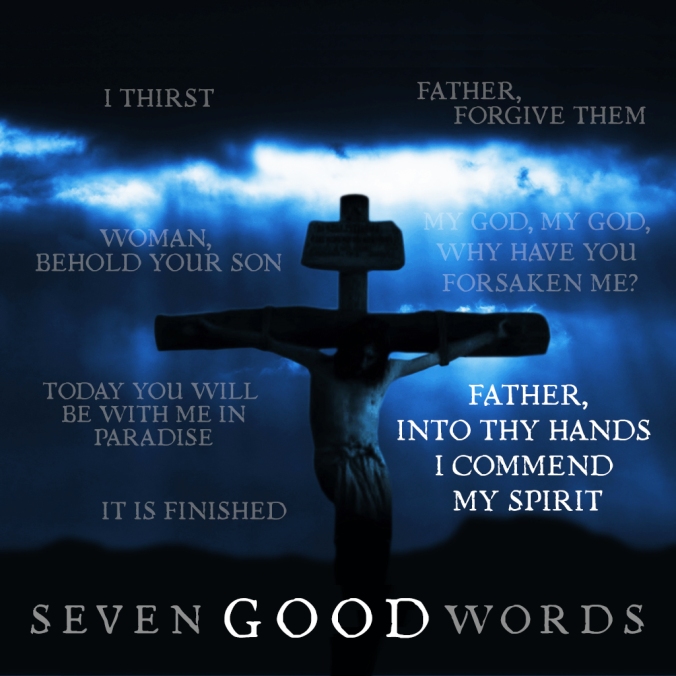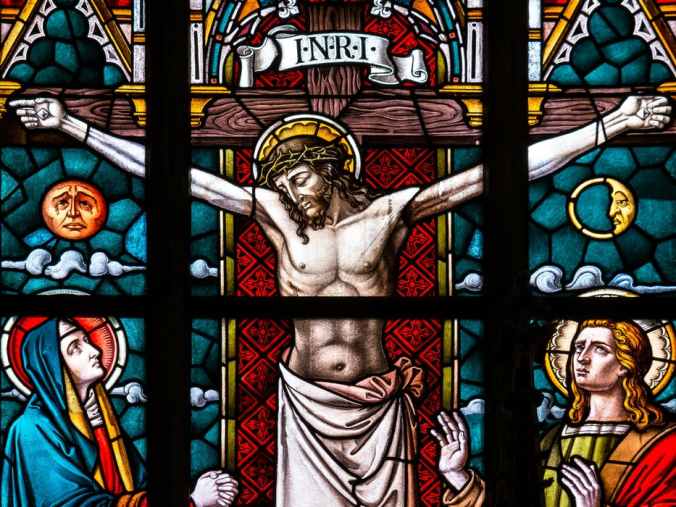 On this Good Friday, I want to share a meditation from Alexander Watson (1815?–1865) related to the cross of Christ and the way Jesus’s death brought to fulfillment his triple office of prophet, priest, and king. But first, a little background.
On this Good Friday, I want to share a meditation from Alexander Watson (1815?–1865) related to the cross of Christ and the way Jesus’s death brought to fulfillment his triple office of prophet, priest, and king. But first, a little background.
Seven Sayings and Seven Sermons
For the last six years (beginning in 2018), I have preached a Good Friday sermon that has focused on one of Jesus’s words from the cross. In all, there are seven statements found across the four gospels. Here they are in order.
- Father, forgive them, for they know not what they do. (Luke 23:34)
- Truly, I say to you, today you will be with me in paradise. (Luke 23:43)
- Woman, behold your son . . . Son, behold your mother. (John 19:26–27)
- My God, My God, why have you forsaken me? (Matthew 27:46; Mark 15:43)
- I thirst. (John 19:28)
- It is finished. (John 19:30)
- Father, into your hands I commit my spirit (Luke 23:46)
You can also listen to these songs in Andrew Peterson’s Tenebrae.
For the last six years, I have preached six sermons. And you can find them here.
- Father, Forgive Them (2018)
- Today, You Will Be With Me In Paradise (2019, no audio)
- Woman, Behold Your Son (2020, Covid year)
- My God, My God, Why Have You Forsaken Me? (2021)
- I Thirst (2022)
- It is Finished (2023)
- Father, Into Your Hands I Commit My Spirit (2024)
Along the way, I have found great help in preparing these messages and thinking about the cross of Christ by reading Alexander Watson, The Seven Sayings on the Cross; Or, The Dying Christ Our Prophet, Priest, and King. Continue reading
 As we prepare for Good Friday and Resurrection Sunday, consider this meditation from
As we prepare for Good Friday and Resurrection Sunday, consider this meditation from